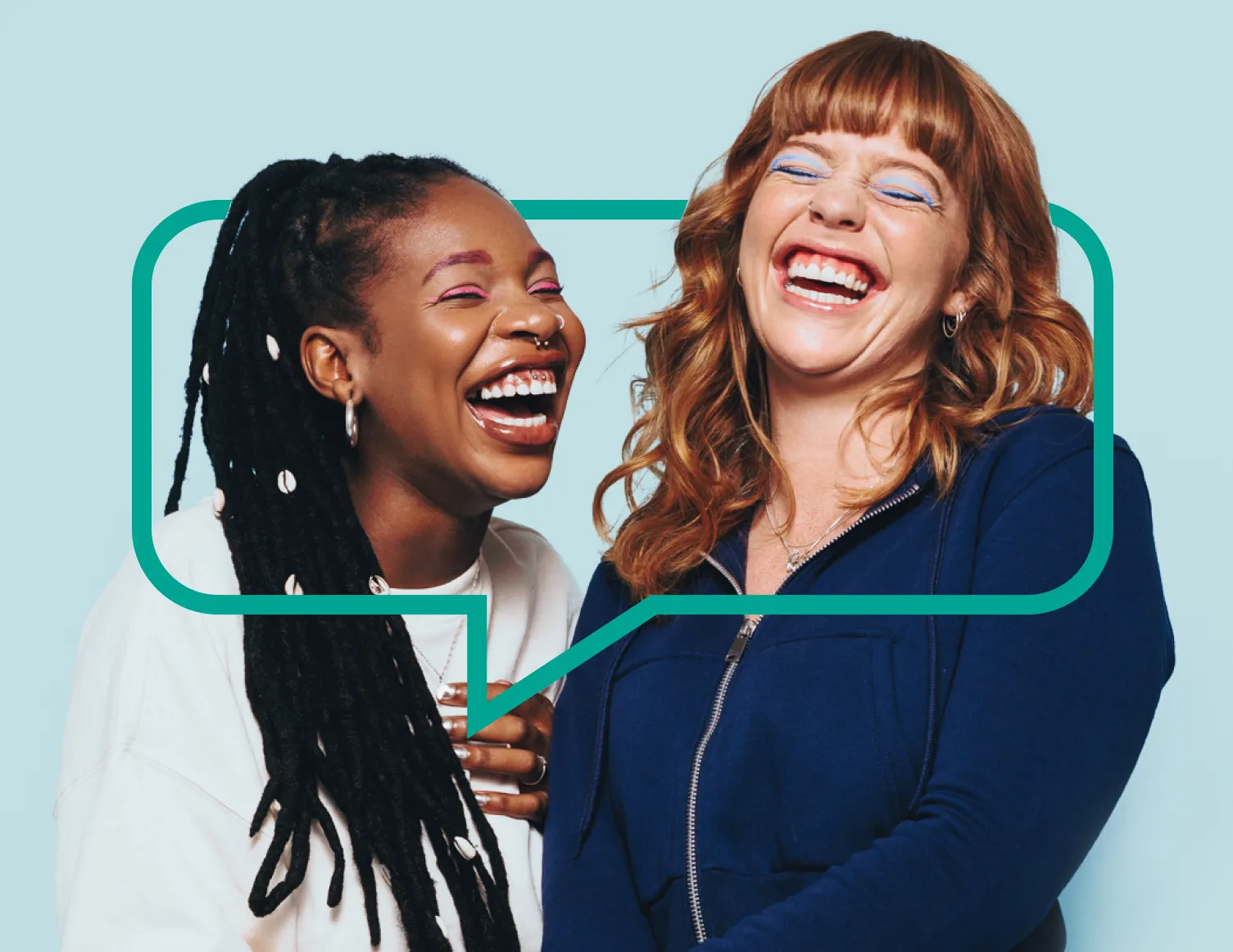On November 14, NPR published an article about vending machines providing free harm reduction tools like naloxone and sterile syringes and explained how these tools prevent overdose deaths and reduce the spread of infectious diseases. Some social media comments suggested that offering free harm reduction tools is “counter-productive” and falsely claimed that harm reduction promotes drug use. Others, however, celebrated these initiatives and correctly stated that harm reduction programs save lives.
Recommendations
Conversations show persistent confusion about the benefits of harm reduction programs. Messaging may explain that providing free harm reduction tools helps people who use drugs live healthier lives. Messaging may emphasize that harm reduction programs like syringe services programs do not increase drug use or crime and that providing naloxone is associated with a reduction in self-reported drug use. Research shows that harm reduction programs reduce the spread of infectious diseases like HIV and hepatitis C and prevent overdose deaths. In fact, experts attribute the recent decline in overdose deaths to the availability of naloxone, which saves lives by reversing the effects of opioids in people who are overdosing. Communicators may also want to share information about local harm reduction programs, including vending machines that offer free harm reduction tools.
Fact-checking sources: Michigan State University
